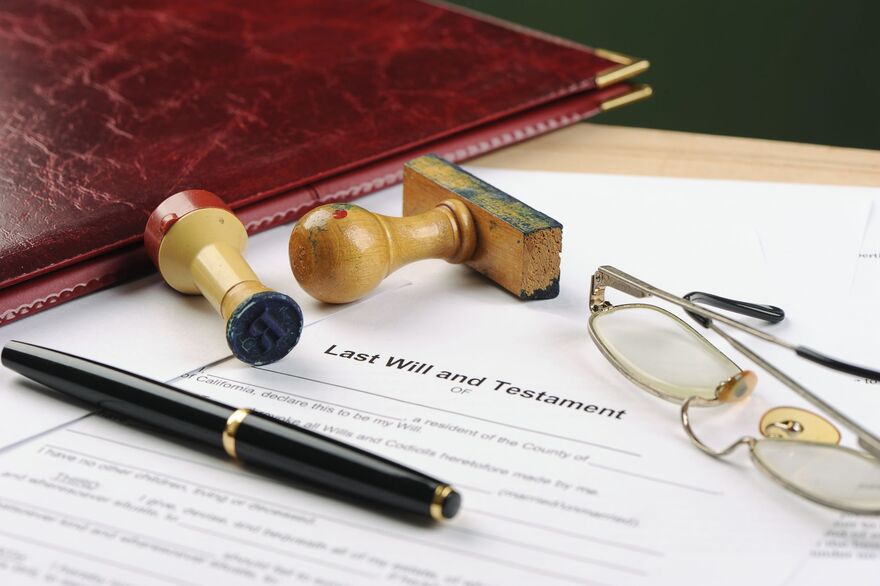It was recently widely reported in the press that the Wanted singer, Max George, made the decision to create a Will on his phone before lifesaving surgery to have a pacemaker fitted. He intended his girlfriend, Maisie Smith, to benefit from his estate.
Despite Max’s intentions, the Will he wrote on his phone would not have been considered a valid Will in line with Section 9 of the Wills Act 1837 (“the Act”) and his estate would have been dealt with in accordance with the intestacy rules.
Section 9 of the Act sets out the requirements for a valid Will, being:
- The Will must be in writing
- Signed by the testator, or by someone in his presence and by his direction
- The testator intended his signature to give effect to the Will
- The signature is made or acknowledged by the testator in the presence of two or more witnesses present at the same time
- Each witness must either attest and sign the Will, or acknowledge the testator’s signature, in the presence of the testator
Max’s Will was in writing, and he intended his words to give effect to the Will. However, the Will would not have been signed by Max and the Will would not have been witnessed.
Under the intestacy rules, Max’s estate would have been distributed in accordance with The Non-Contentious Probate Rules 1987, to:
- If Max was married or in a Civil Partnership with no children, his spouse or civil partner would inherit everything
- If Max was married or civil partnered with children, then his spouse or civil partner would inherit the first £322,000 and half of everything remaining. His children would inherit the other half.
- If Max was single and had children, the estate would be split equally between his children
- If Max was single with no children, his surviving parent/s would inherit his estate
- If Max was single, with no children and no surviving parents, his siblings would inherit in equal shares
- If Max was single, no children, no parents, no siblings, any living grandparents would inherit
- Finally, if Max had none of the above, whole blood aunts and uncles would inherit his estate
- If there are no surviving relatives, Max’s estate would pass to the Crown (Bona Vacantia)
The requirements of the Wills Act are not optional and even a well-intentioned homemade Will cannot be admitted to Probate if it does not comply with the relevant formalities such as signature and witnessing.
If you are unsure whether a deceased’s Will is valid, please contact our Contentious Trusts and Probate team for advice.
The information on this site about legal matters is provided as a general guide only. Although we try to ensure that all of the information on this site is accurate and up to date, this cannot be guaranteed. The information on this site should not be relied upon or construed as constituting legal advice and Howes Percival LLP disclaims liability in relation to its use. You should seek appropriate legal advice before taking or refraining from taking any action.

